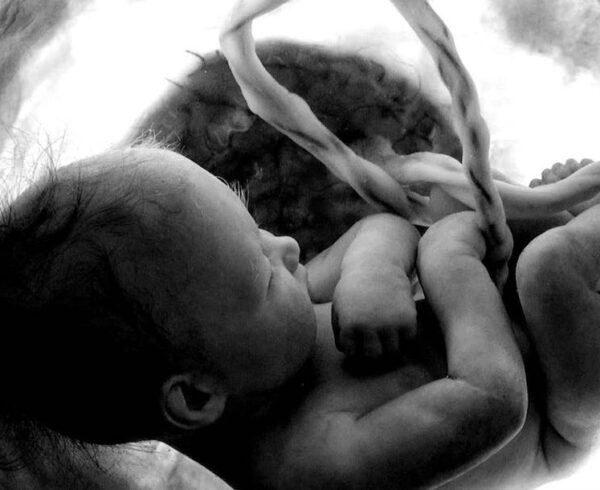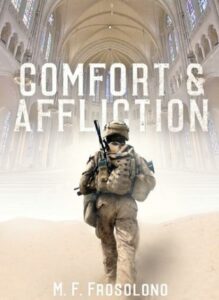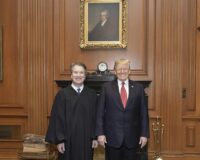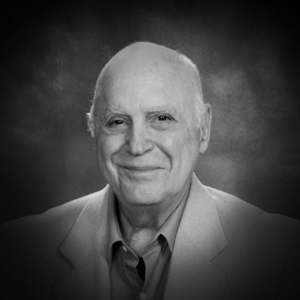I typed the first sentence of a new blog post into the computer, Several aspects of Christmas perplex me. A soft blue light suffused my writing den, the clock stopped at 2:00 a.m., and a sharp knock sounded on the doorframe as the visitor came into the room and sat on the chair to my right. I noted that somehow the visitor had come into the house and room without triggering the alarm on our sensitive security system. Andrea and Indy, our beloved Cardigan Welsh Corgi, did not rouse from their deep slumber in the bedroom.
Troubling Doctrines
“What can I do for you?” I asked.
“It’s more what I can do for you.”
The visitor obviously possessed great power, but did not seem immediately threatening. “Speak, Lord, your servant listens.”
“At least you got the words right.” The visitor looked at my computer screen. “Exactly what troubles you about Christmas?”
“The doctrine of the Virgin Birth.”
The visitor said, “I suppose you want to make the point that a theological doctrine and reality may not necessarily be the same thing?”
“That’s one thing I could write.”
“That subject,” the visitor chuckled, “doesn’t seem like a good topic for your blog.”
“You’re probably right,” I conceded.
“So, what else bothers you?”
I replied, “I don’t understand why Jesus Christ had to live and die sacrificially for the forgiveness of our sins. After all, you forgave sins before Christ came to earth, and the Psalmist had already stated: The sacrifice acceptable to God is a broken spirit; a broken and contrite heart.
The visitor shrugged his shoulders. “OK, so you question the sacrificial model for salvation, which is more properly a subject for an Easter blog, with the understanding that not many of your readers will be interested.”
Creative Enjoyment
“All right,” I said, “if you’re all-powerful and all-knowing, why wasn’t a one-time act of creation sufficient, including a mechanism for forgiveness of sins? It seems to me that you have to keep tinkering with what should have been a perfect creation.”
The visitor’s face became stern. “The formal terms, omnipotent and omniscient, apply more appropriately to my nature.”
A lightning bolt had not yet hit me so I asked, “How can you be both omnipotent and omniscient, considering the evidence of reality?”
A great sigh came from the visitor. “Although one or two of your readers at most really care about that theological discussion, I will give you a hint. How long have you been writing scientific papers, newspaper columns, blog posts, books, and sundry other items?”
“Most of my life,” I answered.
“Have you ever produced a first draft that you thought was good, even excellent on rare occasions?”
“Yes,” I said.
“How many first drafts have satisfied you?”
“None,” I acknowledged.
“Why?”
“I thought my revisions would improve the drafts.”
The visitor smiled. “What gave you more enjoyment, writing the drafts or performing the revisions?”
“Both, in different ways.”
“Then,” the visitor asked, “using your own experience and keeping in mind that I made you humans in my own image with free will, have you ever thought that I enjoyed my first acts of creation and that I also enjoy my continuing acts of creation?”
“I hadn’t thought of that possibility,” I said.
The Command
“Now, I will ask questions and you will give answers, which must come from your heart, as well as from your mind.”
I said again, “Speak, Lord.”
“What have you really enjoyed about Christmas this year?”
“Anne-Marie helping me decorating our memory Christmas Tree because having it lighted means so much to Andrea.”
“What else have you enjoyed?”
“The Christmas Cantata at our church, Berkeley United Methodist. The cantata was a new composition by Tyler Mabry, our church pianist, and Victoria Swartz, our choir director.”
“Yes, I was there, thoroughly approving of the music and service.”
“I didn’t see you there, Lord.”
The visitor let out a great sigh of exasperation. “You need to open your eyes and see the world as it really is. Although it will make you uncomfortable, many people see me in the way you take care of Andrea.”
“Taking care of Andrea is my duty out of love, not my love out of duty.”
“One of these days we must talk about your usage of the English language. Now, what else have you enjoyed about Christmas this year?”
“The adaptation of the Christmas Carol play at the Zach Theater.”
“What else?” the visitor persisted.
“I look forward to the joy of being with our family, even though we won’t all be together for each forthcoming event.”
The visitor’s eyes flashed. “Cast your mind back to when you grew up in the Presbyterian Church, the time when you memorized and recited the Shorter Catechism.”
“I’m thinking.”
“Give me the answer to the first question: What is the chief end, that is, the primary purpose, of humans?”
I answered, “To glorify God and to enjoy Him forever.”
The visitor demanded, “Concentrate on glorifying me and enjoying Christmas by celebrating the great gift of my Son. Don’t concern yourself with questions you cannot answer at this time.” The visitor left.
Merry Christmas
Following through on the command, I wish all who read this blog a Merry Christmas in which we enjoy God, the Christ Child, and the fellowship of believers, family and friends. Glory be to God.










